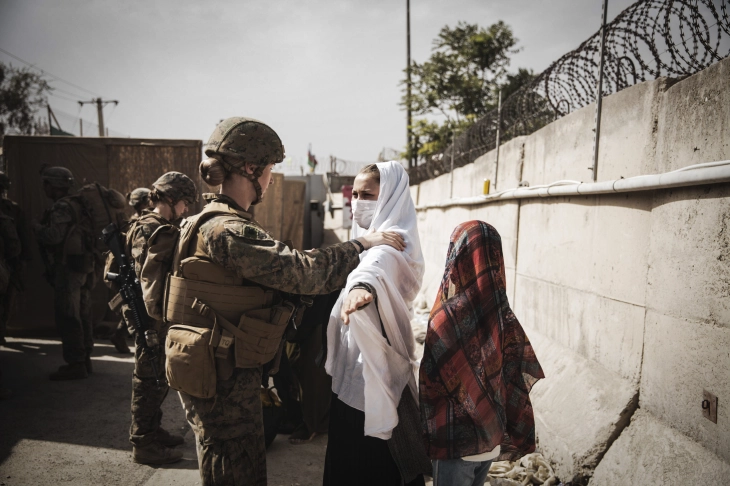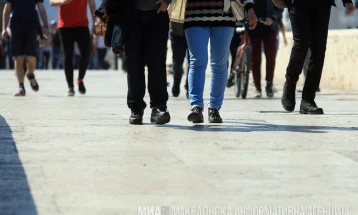Life in Kabul subdued as Afghans wait for Taliban reign to take hold
- Post By Magdalena Reed
- 16:52, 19 August, 2021

Kabul, 19 August 2021 (dpa/MIA) — Ehsan Amiri has a stubborn streak. That is why he is still wearing jeans, a sartorial act of defiance four days after the Taliban took over his city and his country.
The Islamist militants are patrolling the streets of Kabul in cars, guarding a public building and some of the homes in his neighborhood.
He knows the Taliban don't like "cowboys," as jeans are known in Afghanistan.
But he wears them anyway and heads to his favorite cafe in Shahr-e Nau, in the city centre, in his first trip out after three days indoors.
The cafe is one of the most popular in town and usually it is packed.
Men with flashy hairstyles and tight jeans usually bag the seats on the ground floor, and chat and laugh, while families head upstairs.
Today, though, everything is different, Ehsan says in a series of voice messages.
"Very few visitors are here, and almost all of them are wearing Piran Tunban," he says.
Piran Tunban is a traditional outfit for men in Afghanistan, consisting of wide trousers and a long shirt.
However, there are still relatively few visual signs of the change, and it almost possible to briefly forget that the militants who used to operate underground are now running the show.
For some of Kabul's urban residents, the Taliban are just as foreign as anyone else from abroad, say researchers at the Kabul-based think tank Afghanistan Analysts Network.
The process of transition is moving slowly right now, so Afghans are only slowly becoming acquainted with the faces of their new rulers, who until now they have only heard of through statements online, tweets or radio statements.
All who follow the news knew the name of Taliban spokesperson Zabihullah Mujahid – but most saw his face for the first time on Tuesday, when he gave a public press conference.
Many are cautious, fearful that repression will come, despite the Taliban's initial conciliatory tones.
Shabnam Dauran, a well-known television presenter, was told she could no longer work, even though she appeared with her identity card, clad in a hijab. "The regime has changed, go home," she was told, she said.
There are also unconfirmed reports that the Taliban is searching the homes of former government officials or members of the armed forces.
Amiri, preparing to head back out of his favorite Kabul cafe, sees less traffic when he looks out onto the street from the large glass windows.
Not many shops have reopened yet, either, he says.
He sums up: "It doesn't look like the city has recovered yet from the shock it experienced on Sunday."







